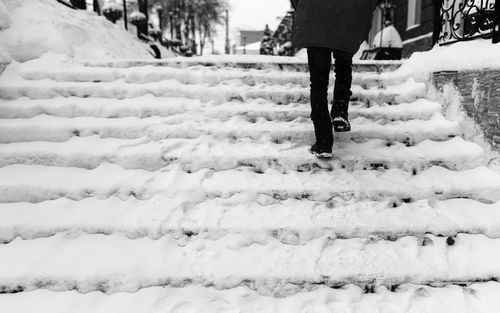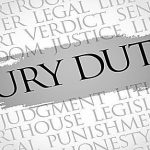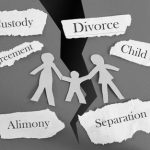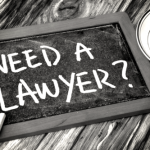With the recent ice storms in the Fargo, Moorhead, West Fargo area, property owners should probably have a general understanding of their snow and ice clearing responsibilities.
SW&L Attorneys to the rescue!
Some states relieve landowners from natural accumulations of snow and ice. North Dakota is not one of them.
Landowners in North Dakota owe a general duty to keep their property safe to entrants:
Landowners owe a general duty to lawful entrants to maintain their property in a reasonably safe condition in view of all the circumstances, including the likelihood of injury to another, the seriousness of the injury, and the burden of avoiding the risk. If a landowner permits dangerous conditions to exist on the premises the landowner must take reasonable measures to prevent injury to those whose presence on the property reasonably can be foreseen.
Fast v. State, 2004 ND 111, ¶ 8, 680 N.W.2d 265. This type of liability is often referred to as “premises liability.”
If you were sitting on a jury to decide this issue, it would likely be posed to you this way:
The accumulation or presence of ice and snow on a property does not in and of itself establish fault by a defendant.
For injuries on common approaches next to or attached to a building. A person has a duty to maintain this area of the property in a reasonably safe condition in view of all the circumstances, including the likelihood of injury, the seriousness of the injury and the burden of avoiding the risk of injury.
For injuries on premises remote or abutting. A person has no duty to remove natural accumulations of ice and snow from this area of the property. A person may, however, be at fault for an act or omission that created an unnatural condition in this area of the property that is unreasonably dangerous or more hazardous due to that person’s conduct.
NDJI-Civil C 16.07 (2014). You may be thinking to yourself, “Your fancy lawyerspeak means nothing to me!” Fair enough. Fortunately, we speak both lawyer and English at SW&L.
Translation: if snow and ice accumulate on your entrance, stairs, or sidewalk leading to your door, clean it off as soon as you are able. If you do not, and someone slips, falls, and injures himself/herself, you may be held liable, depending on the circumstances. It’s safe to assume a plaintiff would argue this includes your boulevard sidewalk, as well, as it is “next to” a building. Note that most cities have ordinances requiring you to remove snow and ice from your boulevard sidewalk.
This is meant as a very broad overview of snow/ice removal responsibilities. Particular circumstances (including whether the landowner is a public entity) affect this analysis.
Our law firm handles a broad range of cases. I am a real estate attorney. If you are looking to minimize liability exposure on your real property, contact our Real Estate Team. We also have personal injury attorneys. If you have been injured on someone’s property because of a slip and fall, please call or email our Personal Injury Team.










